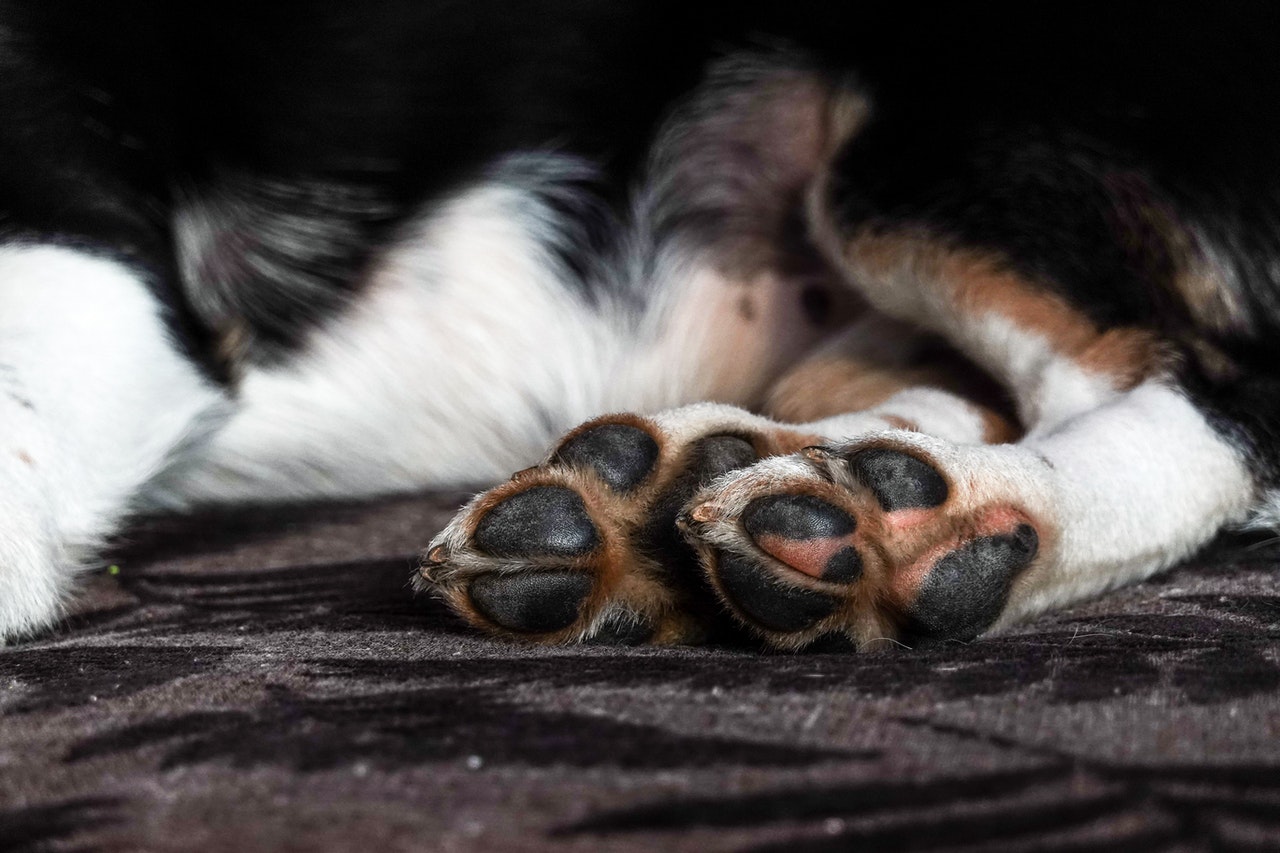
Most Americans in their 30s, who make up a significant chunk of the rental pool, have at least one pet. Also, most pet owners consider their pets to be members of their family and won't even consider renting a property that doesn't allow pets. As a property owner, you must strike a balance between increasing your revenue and reducing your risks. Whether you want to child-proof it, pet-proof it, or add new features, there will undoubtedly be a slew of benefits and drawbacks. So, if you're undecided about whether or not to allow pets in your rental, we hope our guide will be of use.
Reasons you should allow pets in your rental.
You will have an easier time deciding if you should allow pets in your rental if you have a clear concept of what positive things you can expect from it.
A better tenant-landlord relationship
Being understanding of your tenant and their pets can help you build a stronger with them. This can be advantageous in a variety of ways. Happy tenants are more likely to behave well, maintain your property, and opt to renew their lease. They may also be more receptive to your guidance and recommendations. Moreover, if you know something about moving with pets, you can give them some advice that they'll be more inclined to accept if you have a solid working relationship.

Higher interest in your property
As previously stated, the majority of potential tenants will almost certainly have at least one pet. Allowing pets in your rental significantly increases your chances of obtaining a tenant. Furthermore, it makes the process of looking for renters go faster. Naturally, having a higher demand for your property will expose you to a wider variety of pets and pet owners. To make the most of it, we suggest allowing pets on a case-to-case basis. By doing so, you will be able to check people's pets before they relocate to your rental.
Higher earned income from your property
Because there are so few pet-friendly rentals available and so many individuals looking for them, the price renters are ready to pay rises. The exact increase varies, but most studies show that it is between 7% and 14%. You could either raise their monthly rent or demand a pet deposit. In some cases, you may even choose to do both. You will get peace of mind knowing that you'll have money to fall back on if your property is damaged.
Longer tenancy
If a tenant considers their current residence to be their home, they are more inclined to renew their lease. Having a pet can surely contribute to this feeling for various reasons. The difficulty of finding a pet-friendly area and the time-consuming process of relocating with pets are two of the most prominent reasons. According to different sources, tenants of pet-friendly homes stayed for nearly four years on average, whereas occupants of pet-restricted units only stayed for 18 months.

Responsible tenants for your property
On average, pet owners seem to be great residents. After all, in many cases, people seem to cause more damage to properties than pets. Their care for your rental goes even further if you set clear boundaries between what is allowed and what isn't, particularly when such clauses are included in their lease. Moreover, if you require a higher monthly rent and/or a pet deposit, pet owners will be more inclined to keep your rental in the shape they've found it.
Reasons you shouldn't allow pets in your rental
Of course, while determining whether or not to allow pets in your rental, you must consider both sides of the argument. The following are some of the drawbacks of having a pet-friendly property.
Against the regulations
Even if you want to allow pets, several rules may prevent you from doing so. For example, if you're renting out a condo, you should check with the condo association to see if pets are permitted. Unfortunately, if the answer is no, you will have no choice in the matter.
Damage to your property
When it comes to renting to people with pets, the most common concern is the possible damage they may cause to your property. This is a valid fear, as pets, especially larger ones, might misbehave, regardless of how well behaved they appear. They may create stubborn stains by urinating, cause permanent damage to furniture by chewing on it or even destroy the landscape you worked so hard to create. Although all of these are legitimate concerns, proper preparation can reduce the potential damage. Consider pet-proofing your home, renting out a mostly vacant space, or researching alternative landlord insurance policies. Pay particular attention to the details of these policies, as some may not cover damage caused by pets.
Requires more cleaning
Pets appear to generate an endless mess in exchange for the love they freely give. Even the most conscientious pet owners cannot keep a close check on their pets at all times. Accidents happen, and even if your tenants do an excellent job cleaning up after themselves, you'll need to learn a lot about detailed cleaning once they're out. Clean from top to bottom, pay close attention to different nooks and crannies and create a fresh space new tenants may move into.

Odor from pets
With pets, a seemingly endless supply of odor may ensue. After all, pets have a distinctive smell that many prospective tenants may not want in their homes. It will take specific care and treatment to your rental to successfully eliminate it, even long after previous tenants have left.
It affects the people around them
While you may not have any problems making your rental pet-friendly, your neighbors could. Depending on the pet, they may be noisy or even dangerous to the people around them. Although thorough screening can help with this issue, you can never be sure that everything will go as planned.
We strongly advise you to include pet policies in your rental agreement if you want to allow pets in your rental. This regulation should precisely explain how many pets your tenants can have, which type of pet is allowed, and their obligations.





